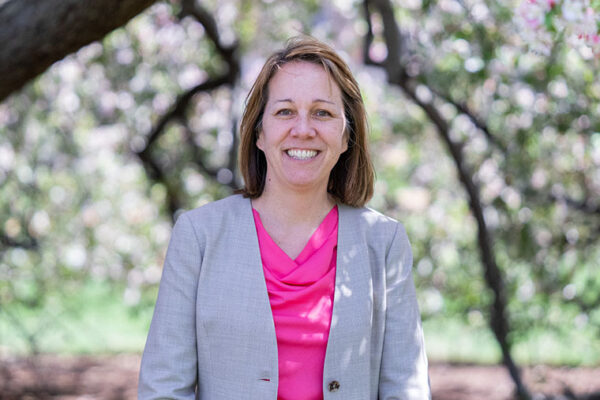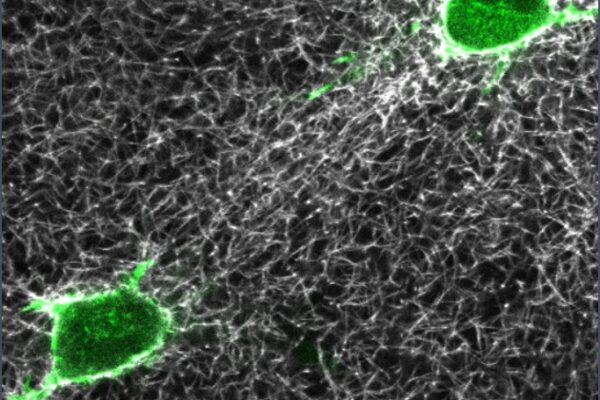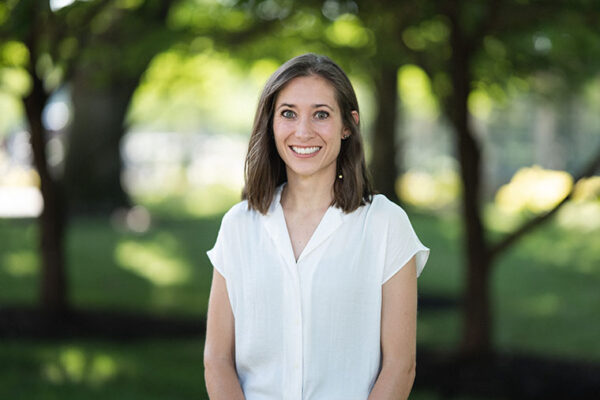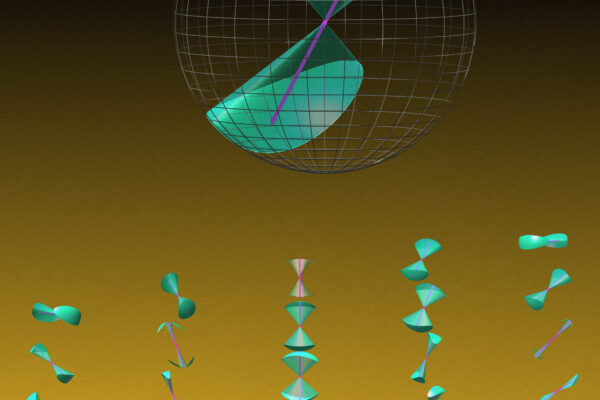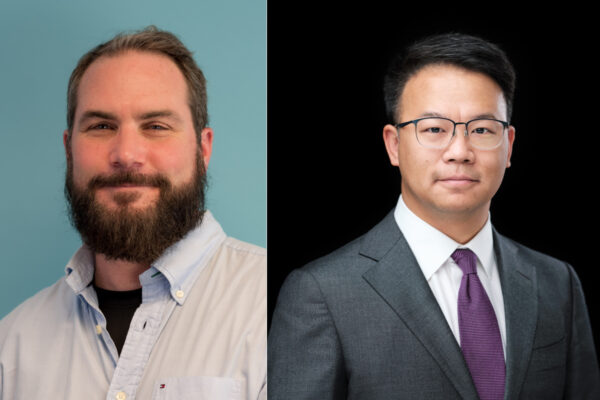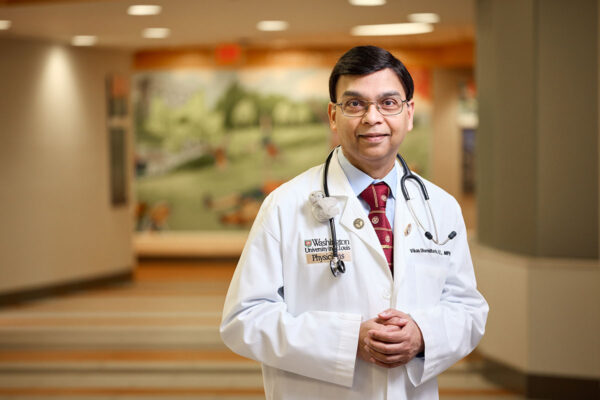National Academies report highlights high magnetic field science
Sophia Hayes, in Arts & Sciences, co-authored a study on strategic directions guiding high magnetic field science with pursuits in chemistry, medical MRI, low-temperature physics, superconducting materials and fusion. Challenges to the helium supply figured prominently throughout.
Consistency, trustworthiness in large language models goal of new research
A computer scientist at Washington University has received funding from Google to improve grounding in large language models.
Researchers take cue from vibes of elephants, spiders
A team of researchers that includes scientists from Washington University have received $1.5 million grant from the Human Frontier Science Program to study a potentially transformative new mode of cell-to-cell communication.
Reichhardt wins NIH MIRA award
Courtney Reichhardt, an assistant professor of chemistry in Arts & Sciences, has been awarded a prestigious Maximizing Investigators’ Research Award from the National Institutes of Health (NIH) to pursue several projects on fibrillar adhesins, the proteins bacteria use to stick to each other and surfaces.
Ugandan women’s autonomy key to safer sex
Ugandan women’s ability to negotiate the conditions and timing of sex is key to preventing several reproductive health outcomes, say experts from the university’s Brown School.
Wobbly molecules get a closer look
Microscopy engineers at Washington University model how molecules move to enhance understanding of nanoscale biological systems.
Li, Rutherford awarded St. Baldrick’s Foundation research grants
Washington University School of Medicine faculty members Mark Rutherford and Yang E. Li have won grants from St. Baldrick’s Foundation to study pediatric cancers.
DNA fragments help detect kidney organ rejection
Raja Dandamudi, MD, Vikas Dharnidharka, MD, and Tarek Alhamad, MD, all at Washington University School of Medicine in St. Louis, contributed to a large study that identified a novel way of detecting signs of organ rejection.
Sustainable technology to extract critical materials from coal-based resources
An environmental engineer at Washington University in St. Louis received a federal grant to work to extract rare earth elements from coal in a way that does not harm the environment.
Ornamented dragonflies better equipped to survive human threats
A study by Kim Medley, director of Tyson Research Center, and others found that dragonflies with dark wing markings have a lower risk of extinction.
View More Stories
